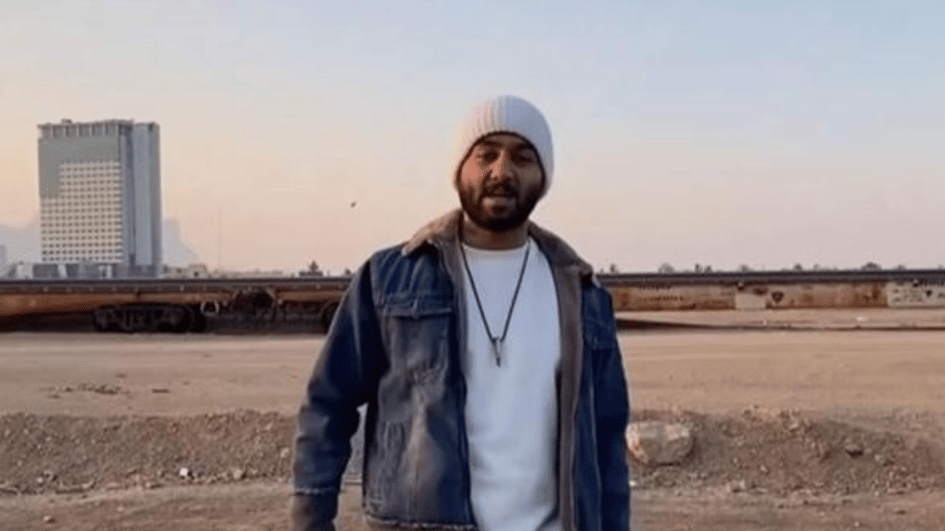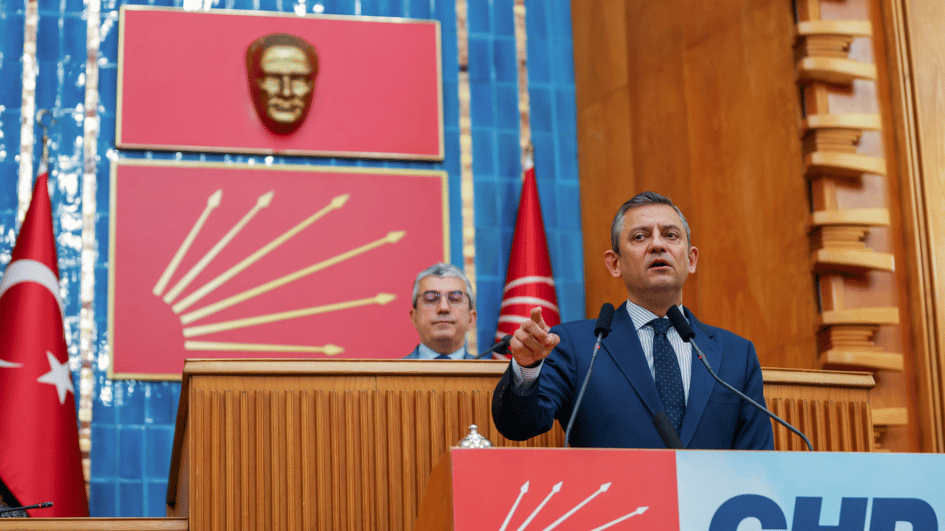Turkish gov’t to finalize work on democratization process
ANKARA

A comprehensive democratization package aiming to keep the Kurdish resolution process on track is expected to be finalized Sept.13. AA photo
A comprehensive democratization package aiming to keep the Kurdish resolution process on track is expected to be finalized today and announced next week, senior government officials have said, while indicating however, that it would not include the right to education in a person’s mother tongue, a specific demand of the Kurdish politicians.“We’ve spent hours on this democratization package. Hopefully tomorrow [Friday] we will discuss the last articles and I think next week we will announce the democratization package at a big press conference,” Prime Minister Recep Tayyip Erdoğan said at a conference in Istanbul yesterday.
Erdoğan was referring to a governmental meeting held on Sept. 11 where the package was discussed in detail by his top aides. Following today’s meeting at the Justice and Development Party (AKP) headquarters, the finalized text will be further analyzed by the Cabinet on Sept. 16 before Erdoğan will make it public.
Deputy Prime Minister Bülent Arınç announced that the package could be legislated in October, after Parliament resumes work on Oct. 1.
The democratization package is an important part of the ongoing resolution process aiming at ending the decades-old Kurdish question and the terrorist activities of the outlawed Kurdistan Workers’ Party (PKK). The PKK announced a long-term ceasefire and started to withdraw its militants from Turkish territories into northern Iraq but later stopped the withdrawal in reaction to the government’s inaction regarding the reform process, including granting the right to education in one’s mother tongue.
However, Deputy Prime Minister Arınç, in an interview with the private broadcaster NTV, dismissed the Kurds’ expectations and said education in mother tongue was not in the package.
“On the issue of accepting the mother tongue as a language for education, all political institutions, bureaucratic institutions in Turkey other than the BDP [Peace and Democracy Party] have objections not only as a constitutional obstacle, but also on the question of the capacity to implement it, should it be allowed. Therefore, that issue is not on our agenda,” he said.
Arınç said education in one’s mother tongue could only become possible if the four parties represented in the Parliament’s Constitution Conciliation Commission could agree on it. “That is to say, with the consent of four parties, if this issue will be solved in the new constitution, we will not say no to that.”
Criticizing the PKK and the BDP for not implementing the road map announced on March 21 by the PKK’s imprisoned leader, Abdullah Öcalan, Arınç said the government was still on the line drawn on that day. “It is another story whether this organization will listen to its leader or not. […] He is telling you to ‘withdraw’; you drag your feet, you will either withdraw or not. If you withdraw, you will keep the promise of the person on whom your will is dependent. If you do not withdraw, you do not have any excuse, then you will speak words meaning ‘Who is he’. It is your problem, not ours,” he said.
Arınç said the number of withdrawn militants was less than 600, as stated by the PKK, adding, “Did we cover our eyes, do you think we are sleeping?”
‘A secular life’
Arınç hinted that the package would introduce important reforms that would respond to the demands of various segments of society, including those of Alevis. “Our Alevi citizens are a part of our society. A democratic state of law cannot be detached from their undoubtedly rightful demands. After all, this is what democracy is like,” he stressed.
Deputy Prime Minister Bekir Bozdağ will initiate an effort by replacing the reports with newer ones, Arınç hinted.
















